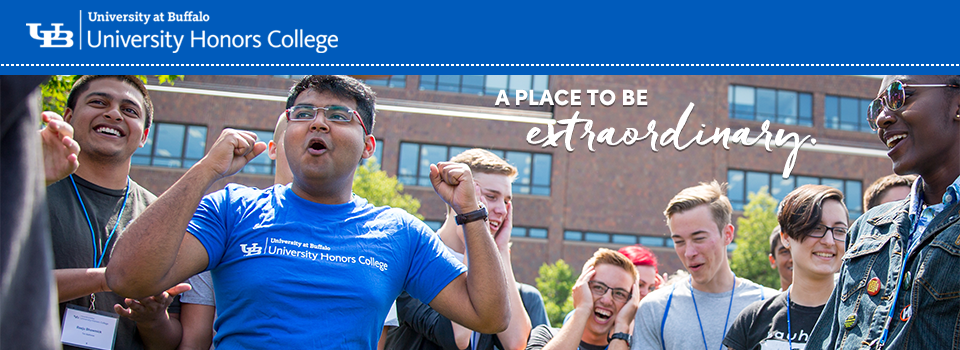04/19/22
Fall 2022 Undergraduate Community and Organizing Development Minor & Electives for ALL Majors
Posted by Tim on April 19, 2022 in Academics, General Education Requirements
For questions about whether these courses will count toward your university requirements, please speak to your academic advisor.
SW130LEC Dismantling Anti-Blackness: On Becoming Antiracist
T/R 2:00-3:20 PM SEATED Instructor J. Diebold
This foundational course examines historic and contemporary anti-Black racism and white supremacy in the United States. Students will analyze policies and strategies to identify, challenge, and transform the values, structures, and behaviors that perpetuate systemic racism, white supremacy, and anti-blackness. Students will also engage in self-reflection, develop self-awareness, and participate in critical analysis of systems of privilege and oppression, as well as develop personal strategies for becoming antiracist and facilitating change in communities and society.
SW150LEC Social Media in Social Change
T/R 6:00-7:20 PM SEATED Instructor M. Schwartz
This course will familiarize students with social media and social networking as they influence community change. Specifically, students will be introduced to the fundamental terms and concepts of social media and networking, including various interfaces, tools, and platforms that may be leveraged to promote community change and development. Students will also explore existing scholarship and best practices, as well as issues of social justice, trauma and adversity, social disadvantage, and human rights as they apply to the democratization of technology.
SW220LEC Intro to Community Organizing and Development
T/R 10:00-11:20 AM HYBRID Instructor M. Lewis
This course provides a general introduction to the history, organizations, strategies, and practice issues related to community organizing and development. Specifically, this course examines different types of community organizing and development approaches including, but not limited to workforce development, neighborhood revitalization, and arts and culture. Current trends and strategies for organizing residents and collaborating with community-based organizations on development initiatives are explored. This course also introduces empowerment, strengths-based, human rights, and trauma-informed perspectives as frameworks for developing, exploring, and analyzing community organizing and development efforts in urban and rural settings.
SW225LEC Perspectives on Child Maltreatment and Advocacy
M/W 9:10-10:30 AM SEATED Instructor P. Logan-Greene
This course provides the foundational knowledge to understand and recognize child maltreatment in diverse settings. The course covers the historical and comparative perspectives, including a trauma-informed and human rights perspective, on child maltreatment, with an emphasis on improving outcomes for children and families. This course is designed for, but not limited to, students who are interested in public health, social work, human services, nursing and other health professions, sociology, psychology, law, and education.
SW245LEC Global Child Advocacy Issues
T/R 11:00 AM-12:20 PM SEATED Instructor S. Richards-Desai
This course is designed to increase student understanding of the adverse experiences of children growing up in various countries. The purpose of this course is to expose students to considerations of socioeconomics, health, culture, religion, and politics and how these affect the welfare and well-being of children across the world. This course examines advocacy efforts using a trauma-informed, human rights framework.
SW380LEC Mediating Conflict through Negotiation
T/R 6:00-7:20 PM REMOTE Instructor K. Heim
This course is designed to provide students with practical and theoretical knowledge and skills for addressing and resolving conflict through the use of mediation and negotiation strategies and tactics. Students will explore the ways in which power operates in a variety of approaches, theories, and perspectives, including conflict theories and styles, strategies for empowering relevant parties in managing conflict through negotiation, and techniques and frameworks for third party intervention.




